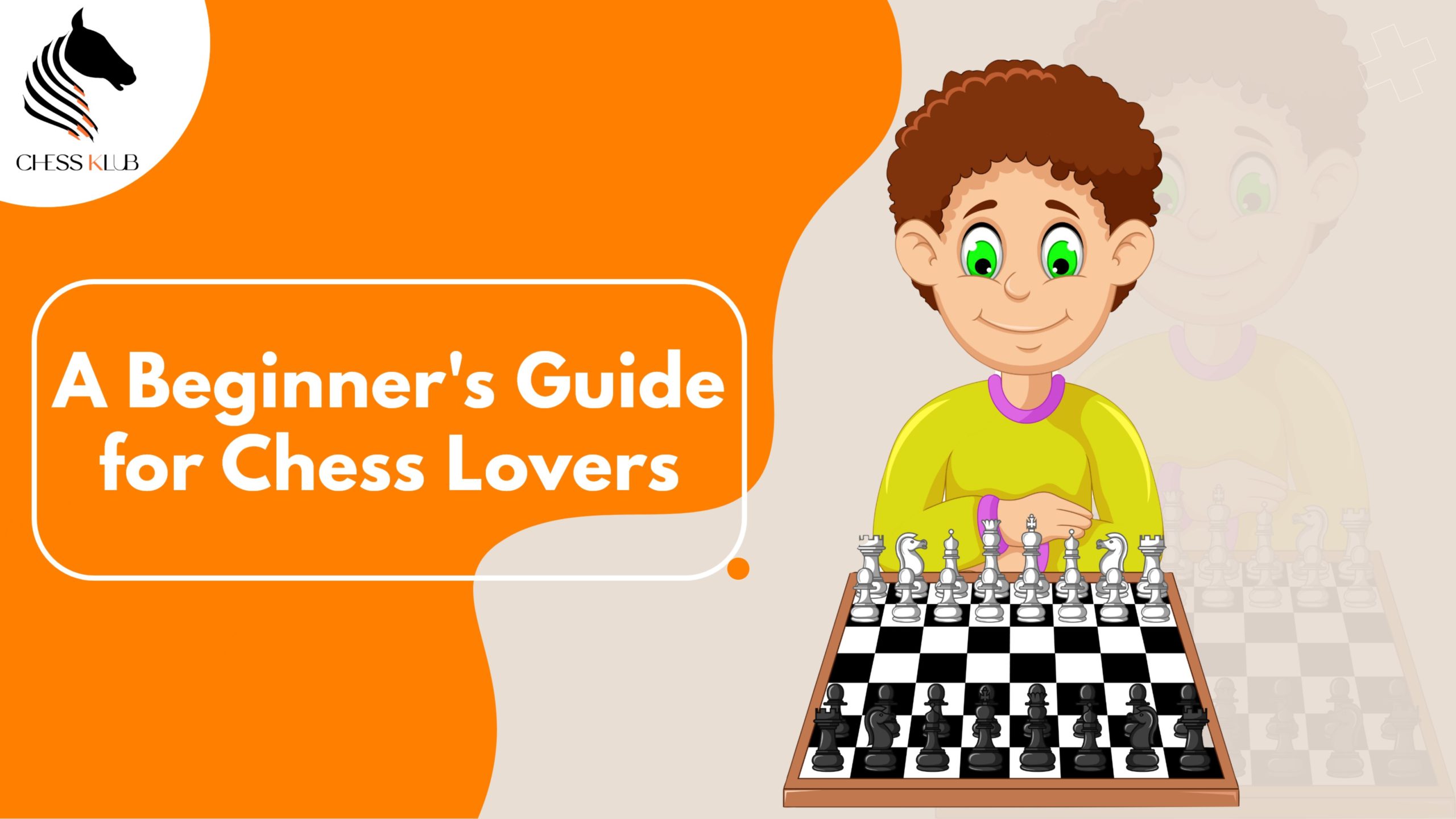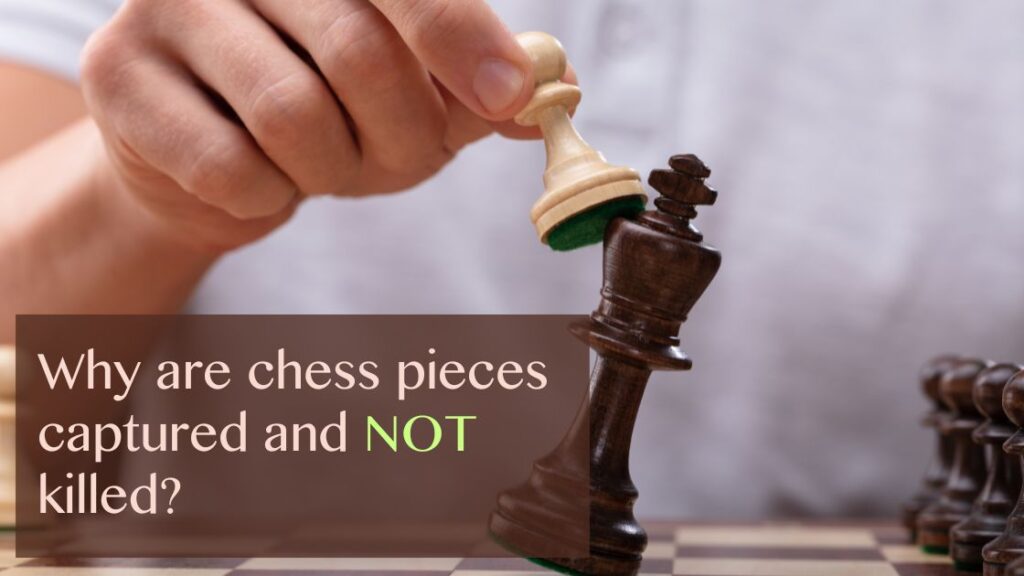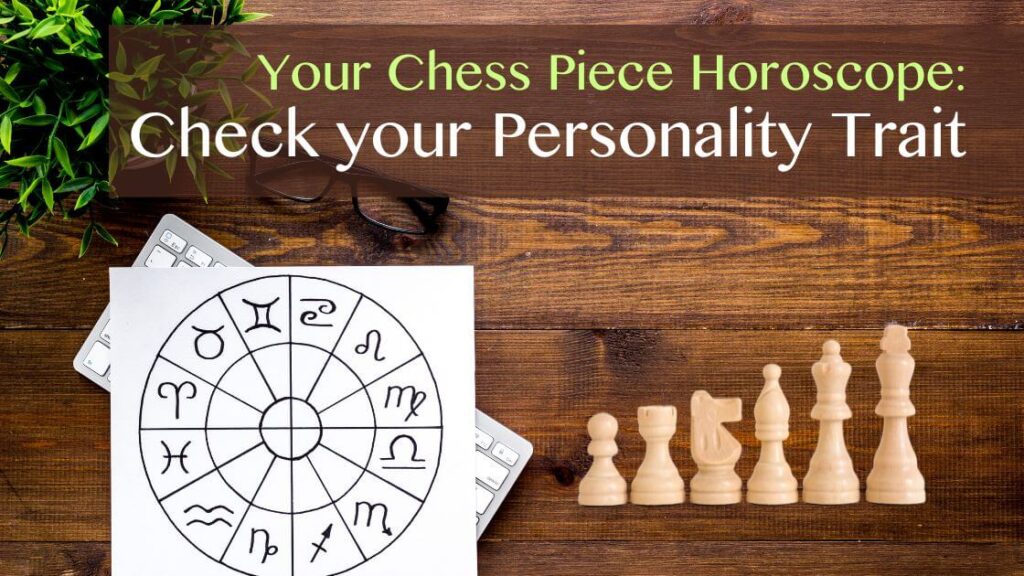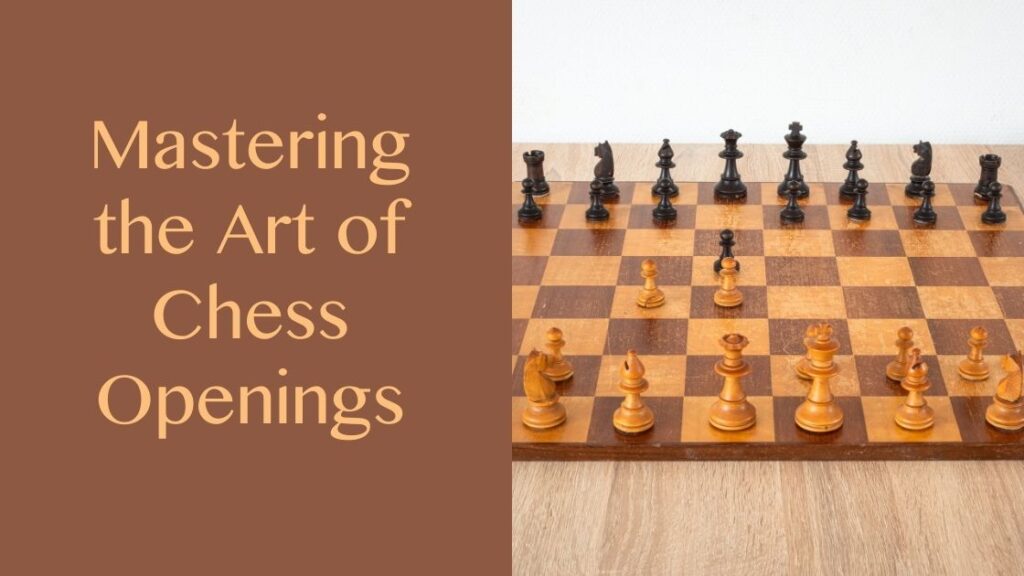Love chess?
But haven't started yet?
Do not worry.
We will help you improve your chances of victory in your games and even tournaments. In this blog, we are going to give you the best strategy tips. This is the ultimate guide for beginners to understand and learn basic tricks and tips to win chess games.
Am I good enough to learn Chess?
The cloud of self-doubt could always lurk somewhere in every budding chess player’s mindset. Every chess player is exceptional and unique, with its own style, strategy, and tactics. Players with years of experience tend to play various tactics right from the chess opening to checkmate.
As a beginner, it's pretty difficult to remember every tactic, but the list of your signature tactics expands as you tend to play, win, and lose games.
What are some of the most common mistakes in Chess that I should watch out for?
Before moving to the guide section, let's expound on a few common mistakes that beginner chess players sometimes make, and if you understand them, it will help you learn.
On average, a chess game is 40 moves long. Even if you make 39 good moves and one mistake, you could lose the game. So, if you want to win games and become a pro, you should not make even a single mistake. But, everyone makes mistakes, isn't it?
They are common, especially for beginners, but it’s not uncommon to see seasoned players fall prey to them from time to time.
The first type of mistake beginner chess players make is that they don't read and study the opponent's moves. Sometimes, you are so busy thinking about your own moves that you forget to think about the threat that your opponent is creating for you on the board. So, whenever your opponent makes a move, ask yourself questions; why did they do that? What is the next possible move he can move? Is it a trap? Do not rush! Pay attention so that you can plan your moves.
-
- Keeping pieces un-defended: It is not good for several of our pieces to keep un-defended, which means that all the pieces should defend each other. You must try that every chess piece of yours should occupy good squares. Out of all the pieces, the King's safety is obviously a top priority. It is advisable, especially in the initial learning stages, not to keep the King in the center. So, remember to castle your King every time you have a chance.
- Playing without a plan: Even a bad plan is better than no plan. Playing without any plan at all is the frequent mistake beginners make. They just make moves for the sake of it. Never do that! You are never going to learn. Each move must have an idea and an objective.
- Not Analyzing your games: All the great chess players emphasize the importance of analyzing your own game. It's an excellent way of learning. With every game you play and study, you increase the general chess knowledge, learn from your mistakes, and become a better player.
, be careful because one mistake can undo all the other good moves you made and can cost you a game. Of course, you can't be perfect, but the point is to be careful and try to make fewer mistakes.
Useful Tips For Beginners in Chess
Now you know what to avoid, it's time to learn a few tricks and tips. But, as a starter, the top advice we want to give you is PRACTICE. Practice by playing games and tournaments, and no one is going to stop you from winning games.
Let's go one by one through the tips that will help you step up your chess game:
1. Opening strategies
As a beginner, you must have suffered frustrating experiences of losing the game too quickly.
This happens when you do not have enough knowledge on how to open the game. The opening stage consists of the first few moves where you develop your positions and pieces to fight ahead. Learning openings helps you strategize better and conserve energy in the middlegame and endgame. Without a better opening, you will end up losing time and pieces in the middlegame fixing things that went wrong during a bad opening.
Knowing and remembering every opening move is very difficult. But, you can study the best ones and try to recognize them in recorded games.
2. Chess pieces
Your ultimate goal is to checkmate your opponent's King.
But, there are a lot of pieces that get in the way. And, to eliminate them, you need to calculate and use your army of 16 pieces in the most efficient possible way. The pawn has only 1 point, but its value is vital in opening the game.
Do not get your pawns eliminated just like that.
The opening is a very important part of the game, and it is here; you should make use of the pawns and set the solid base for the middle and end game. So, in order to have a good opening, you should start with a pawn and gradually open up the game to have maximum control over the squares.
Also, do not forget to calculate your pieces while exchanging pieces. Sometimes, it's a mutual trade, and you get a knight for a knight or a queen for a queen. Other times, the trade is not equal, and you get something for nothing, or you get something for less value. So, to improve as a beginner, always remember your trades are worthy, i.e., you get more than you give more.
3. Activate all your pieces
If you watch chess, you must have noticed that great players like Magnus Carlsen never keep their pieces idle. All of their pieces are a part of the strategy and doing something important on the board. This not just makes your brain process the calculations fast but also helps you take control over your opponent and ultimately win the game.
Think of chess as war and your chess pieces as an army.
Do you want your soldiers doing nothing?
4. Convert small advantages into the big win
It is very common for amateurs to get excited after every small win over an opponent's pieces, and in that excitement, you create a blunder in the rest of the game. Sometimes even if you have a queen left, the game just slips into a draw. Fortunately, there are a few very simple strategies to gain the advantage of these small wins and winning positions into actual wins.
There are two approaches to convert the wins; the aggressive and the calm one. Now, it doesn't matter what approach you pick; make sure you concentrate on the board, on the pieces, and on your opponent's moves. So, create an advantage (big or small), out outmaneuver your opponent, and make him lose threads, ultimately converting it into the game win.
5. Never give up
When in a losing position, beginners lose hope and thereby not trying hard to win the game.
This is because they do not know endgame strategies and tactics. Losing one or two of your pieces (even strong ones) is not the end of the game. Even if you are in a losing position, with some confidence and concentration, you often can come back to win (or at least draw) the losing game.
At any point of the game, if you feel like fighting even after losing major pieces - play on! If you have lost hope and cannot push - try hard, do not give up.
Who knows, you play that one move which might bring you the win!
Every master was once a beginner. Do not get frustrated. No one is telling you to win every game out there. Just play, learn from the mistakes and never repeat them.
As said earlier too, these tips and tricks are meaningless unless you practice.
Get on to Chess KLUB's coaching portal and register yourself as a beginner and let's bring your game up together. And, if you know the basics but lack practice, you can register yourself for our weekly online and monthly USCF tournaments.












